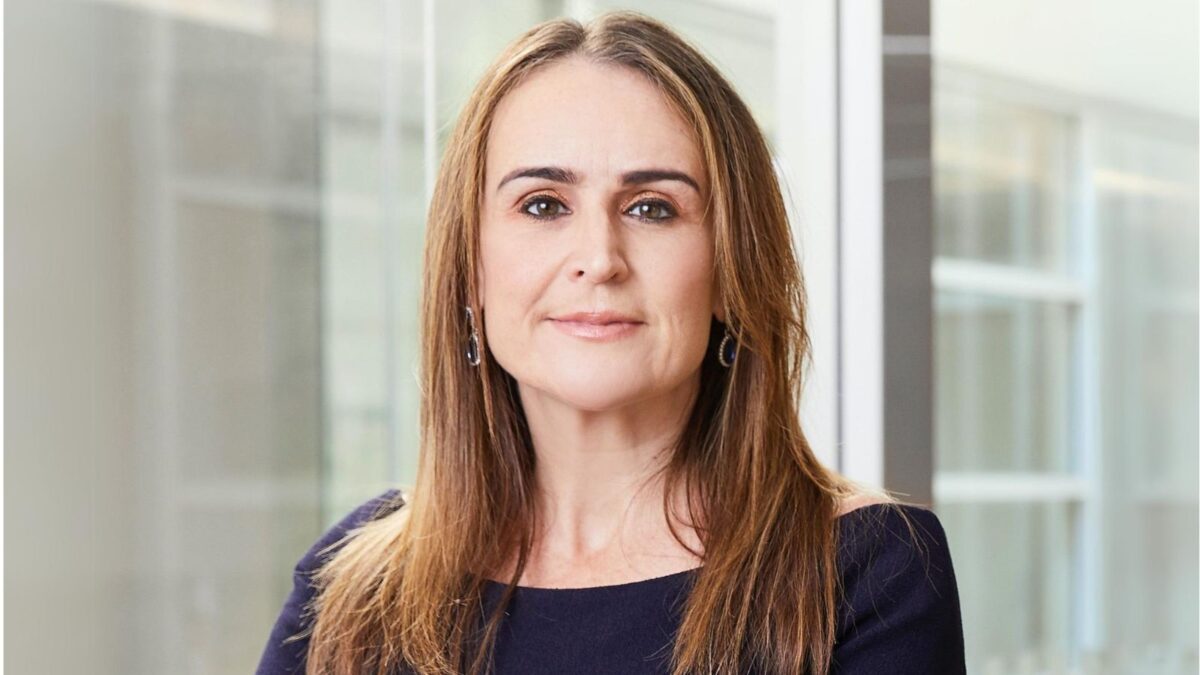Big chance of another US recession – PIMCO
The probability of a US recession over the next five years is around 70 per cent, according to PIMCO’s latest analysis. So it’s worth speculating on the causes and contours of the “next recession”.
In the report, called ‘Pivot Points’, PIMCO poses two scenarios:
- The economy bumps along until a major external shock hits. The recession – caused by the resulting plunge in asset prices and falling business and consumer confidence – could be relatively shallow but last longer than usual due to insufficient fiscal and monetary responses.
- The economy falters due to an internal build-up of imbalances and overheating in goods, labour or asset markets that would compel the Fed to hike rates. But having built up enough “ammunition” in the form of higher rates, the Fed could cut rates to promote a V-shaped recovery.
The authors – Richard Clarida, Andrew Balls and Daniel J. Ivascyn – say that over the next five years there could be up to five significant pivots in the direction and scope of the monetary, fiscal, trade, geopolitical and exchange rate policies pursued by the world’s major countries.
But while the direction of some of these pivots may be known, the path that policies actually take, their impact on the global economy and markets, and their ultimate destination are all highly uncertain.
These policy shifts will coincide and collide with the rising risk of recession in a world of insecure stability, with any pivot to fiscal policy that materializes unlikely by itself to boost global growth prospects in a sustainable way as the Federal Reserve attempts to hike rates and shrink its balance sheet.
“Expansions may not die of old age, but if history is any guide, we believe the probability of a recession sometime in the next five years is around 70 per cent. Over our secular horizon, we see rising downside risks to the outlook for Chinese growth and eurozone stability,” they say.
Since May 2016, the global economy has surprised on the upside, and markets have shrugged off and rallied after Brexit and the US Presidential election.
“Risk appetite has been robust, resulting in lofty equity valuations, tight credit spreads and low realized volatility. We believe markets now look too relaxed and medium-term risks are building. In this environment, investors should consider using cyclical rallies to build cash to deploy when markets correct and risks are re-priced,” the report says.
Secular pivot points are:
- Monetary policy: “We expect Fed balance sheet normalization, but less than many think, with a ‘new neutral’ destination for the fed funds rate”
- Fiscal policy: “We expect that any U.S. fiscal package that passes will be tilted to tax cuts, but light on reform; we see limited fiscal space in Europe”
- Trade policy: “We expect the U.S. to focus on bilateral deals (e.g., China, NAFTA) and aggressive use of existing authority within the WTO”, and
- Exchange rate and geopolitical policies: “Amid populist movements in Europe and beyond, we expect the euro to survive and Italy to remain in the eurozone. The Chinese yuan is likely to grind weaker”.
Macroeconomic risks include:
- Downside risk to growth in both Europe and China is rising over the secular horizon
- But there is a significantly lower tail risk of global deflation.
- “We see a risk the fed funds rate lands to the downside of
- “new neutral” levels, and
- ” We are monitoring the global economy’s “driving-without-a-spare-tire” risk in the next recession, whenever it happens”.
Portfolio responses, the manager advises, include:
- Focus on valuation – lots of “good news” is priced in to markets
- Maintain focus on capital preservation
- Seek relative value in rates and credit, and
- Look to a global opportunity set, including emerging markets.









